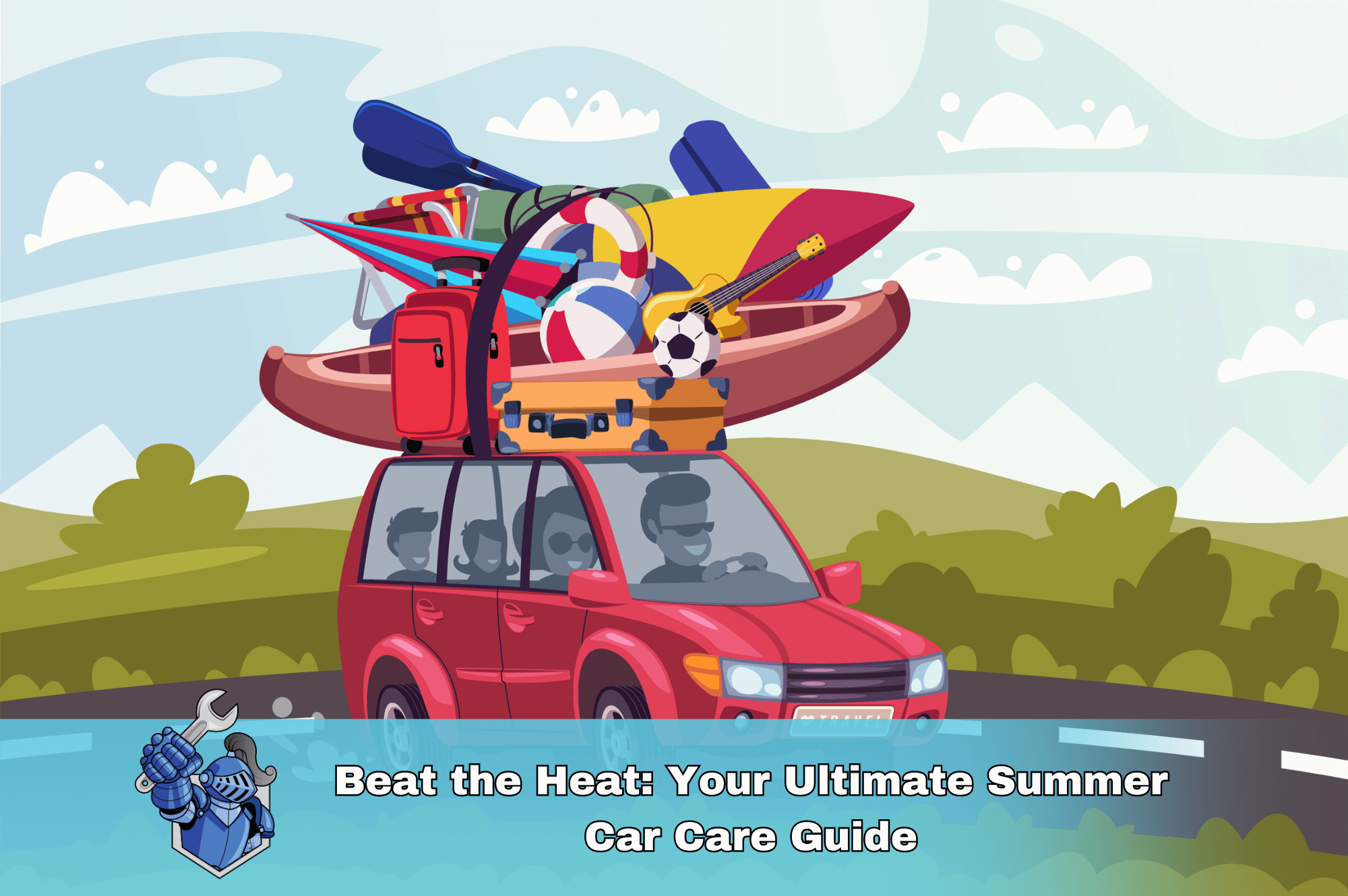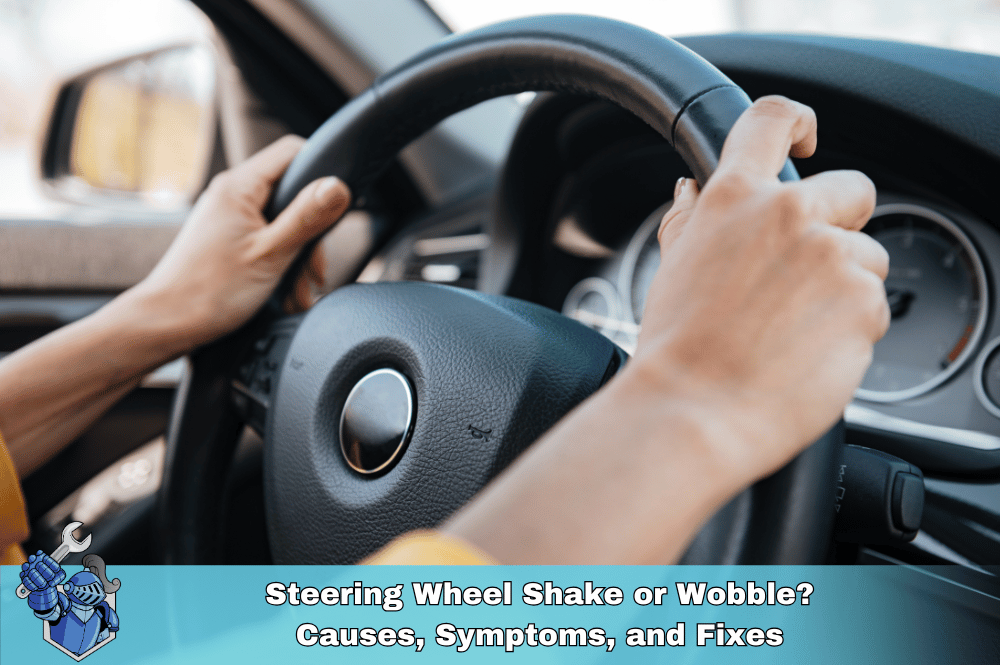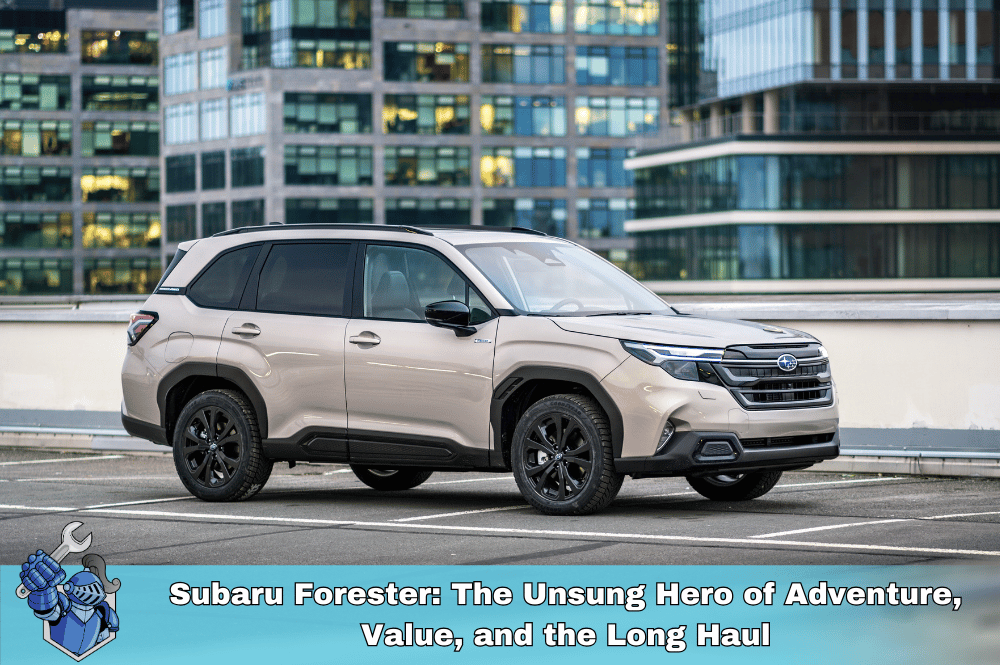Summer's here, and while you're planning beach trips and barbecues, don't forget your trusty four-wheeled companion. Scorching temperatures can wreak havoc on your car's performance and longevity. But fear not! Follow this comprehensive guide to keep your car cool, comfortable, and running smoothly all summer long.
Chill Out with a Coolant Checkup
Why Coolant Matters in Summer
Your car's engine generates immense heat, especially during hot summer days. Coolant acts as a vital temperature regulator, absorbing excess heat and preventing your engine from overheating.
Checking Your Coolant Levels
Locate the coolant reservoir under the hood. It's typically a translucent plastic container with markings for "full" and "low." Ensure the coolant level falls between these marks.
Recognizing Signs of Coolant Trouble
Keep an eye out for leaks, steam coming from the engine, a sweet smell inside the car, or a high-temperature gauge reading. These could indicate coolant issues requiring immediate attention.
Tire TLC for a Smooth Ride
The Impact of Heat on Tire Pressure
As temperatures rise, the air inside your tires expands, increasing pressure. This can lead to overinflation and potential blowouts. Conversely, underinflated tires wear down faster and decrease fuel efficiency.
Checking and Adjusting Tire Pressure
Use a tire pressure gauge to check your tires when they are cold. Refer to your car's manual or the sticker on the driver's side door jamb for the correct PSI.
Signs of Tire Problems in Summer
Look out for bulges, cracks, or uneven wear on your tires. If you notice vibrations or pulling while driving, your tires may need balancing or alignment.
Fluids: More Than Just a Coolant Story
Windshield Wiper Fluid: Clear Vision Matters
Summer storms can appear suddenly. Ensure your wiper fluid is topped up to clear away bugs, dust, and rain for optimal visibility.
Power Steering and Transmission Fluids: The Hidden Heroes
These fluids ensure smooth steering and gear shifting. Check their levels and look for leaks or discoloration, as low levels or contaminated fluids can damage your car's systems.
Brake Fluid: Ensuring Safe Stops
Your brakes are your car's most important safety feature. Check the brake fluid level and look for leaks. If you notice any changes in braking performance, consult a mechanic immediately.
Oil Change: The Elixir of Engine Life
Why Summer Demands Fresh Oil
High temperatures cause engine oil to break down faster, reducing its effectiveness in lubricating and cooling engine components.
Choosing the Right Oil Viscosity
Consult your car's manual for the recommended oil viscosity (thickness) for summer driving. Thicker oil generally performs better in hot weather.
Signs It's Time for an Oil Change
If your oil looks dark and dirty or if it's been 5,000-7,500 miles since your last change, it's time for fresh oil.
Brake Check: Safety First, Always
Common Brake Problems in Summer
Hot weather can cause brake fluid to evaporate, leading to decreased braking performance. Brake pads can also wear down faster in summer due to increased driving.
Signs Your Brakes Need Attention
Listen for squeaking, grinding, or squealing sounds when braking. If your brake pedal feels spongy or your car pulls to one side when braking, it's time for a check-up.
Importance of Professional Brake Inspection
Brakes are complex systems, and any issues should be addressed by a qualified mechanic to ensure your safety on the road.
Wiper Blades: Clear Vision for Summer Adventures
How Summer Wears Down Wiper Blades
Heat and UV rays can cause wiper blades to become brittle and cracked, leading to streaks and reduced visibility.
Signs It's Time for New Wipers
If your wipers leave streaks, skip across the windshield, or make squeaking noises, it's time for replacements.
Choosing the Right Wiper Blades
Look for blades designed for summer conditions, often labeled as "summer blades" or "all-season blades."
Air Filter: A Breath of Fresh Air for Your Engine
The Role of Air Filters in Engine Performance
Air filters prevent dirt, dust, and debris from entering your engine, ensuring optimal airflow and fuel efficiency.
Signs of a Clogged Air Filter
Reduced fuel efficiency, sluggish acceleration, and a decrease in overall engine performance can indicate a dirty air filter.
Replacing Your Air Filter
Refer to your car's manual for the recommended replacement interval.
Park in the Shade: Your Car's Sunscreen
The Damaging Effects of Direct Sunlight
Prolonged exposure to sunlight can fade and crack your car's paint, dashboard, and upholstery.
Finding Shade: Tips and Tricks
Look for covered parking garages, park under trees, or use a car cover if shade isn't available.
Sunshades: Protection for Your Interior
A windshield sunshade can significantly reduce interior temperatures and protect your dashboard and seats from sun damage.
Stay Hydrated: For You and Your Car
Battery Care in Hot Weather
Heat accelerates battery fluid evaporation, which can shorten its lifespan.
Checking Your Battery's Water Levels
If your car has a serviceable battery, check the water levels and top them off with distilled water if needed.
Signs of a Weak Battery
Slow engine cranking, dimming headlights, and electrical issues could indicate a dying battery. Have it tested by a professional.
FAQ
How to prepare a car for summer heat?
- Test the AC and refrigerant levels.
- Check and adjust tire pressure.
- Top off engine fluids.
- Change the oil and filter.
- Test the brakes for responsiveness and listen for unusual sounds.
- Replace windshield wipers if worn or dirty.
- Clean or replace air filters.
- Park the car in the shade whenever possible.
- Keep yourself hydrated while driving.
How do you winterize a summer car?
- Change the oil to a winter-grade oil.
- Install winter tires.
- Check the antifreeze level.
- Top off windshield wiper fluid.
- Clean the headlights and taillights.
- Check the battery.
Do cars run better in the summer?
Cars can run slightly better in the summer because the warm weather helps to keep the engine oil thinner. This can improve fuel efficiency and performance. However, it's important to remember that hot weather can also be hard on your car. Be sure to follow the tips above to keep your car cool and running smoothly all summer long.
Does summer heat affect cars?
Yes, summer heat can affect cars in a number of ways. Hot weather can cause tire pressure to fluctuate, engine fluids to break down, and electrical components to malfunction. It can also lead to increased wear and tear on the car's interior.
By following these tips, you can help to protect your car from the harmful effects of summer heat. For more tips and information check out our Learning Center.
Suggestions for you
Read MoreLet’s work together
Every week we showcase three charitable organizations that our donations are sent to. Our clients are able to choose which of these three will receive their gift when they add coverage to their vehicle...




